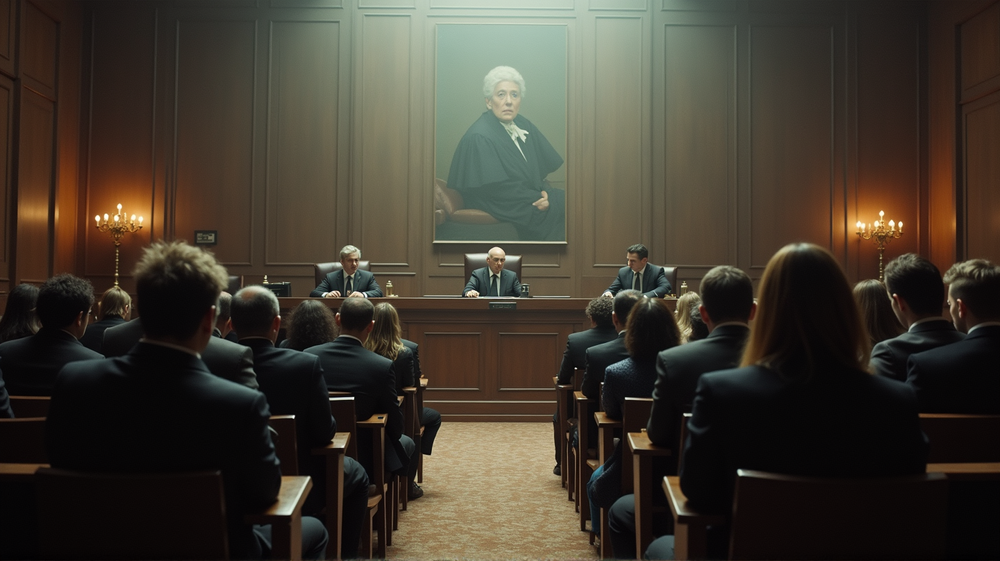A Growing Controversy: International Accusations and Denials
The international discourse surrounding Israel’s offensive in Gaza has taken a sharp turn, with a mounting number of experts, including those associated with the U.N., classifying these actions as genocide. The weight of the accusation is profound, influencing Israel’s global standing and its relationships with allies. However, Israel disagrees, vehemently denying the charge, suggesting that the term genocide is misused and is only for courts to discern. As stated in AP News, this debate pulls in a spectrum of emotional, legal, and political dimensions.
Gaza’s Plight: A Visible Humanitarian Crisis
The Gaza Strip’s dire humanitarian situation is evident as graphic images of starving children and displaced families depict the tragedy unfolding in the region. A 23-month-long conflict has wrought havoc, leaving massive destruction in its wake. Meanwhile, the international community remains divided; some view these actions as necessary self-defense, while others argue for a recognition of the immense suffering incurred by Palestinian civilians.
The Legal Perspective: What Constitutes Genocide?
The definition of genocide, originated in the 1948 convention, includes acts with the intent to destroy a particular group. Experts and rights groups substantiating the genocide claims point to the scale of destruction, siege, and civilian casualties as factors. Despite this, some legal experts argue that the threshold for genocide is not a mere numbers game, and the precise intent needs careful judicial consideration, a standpoint echoed by several global leaders and institutions.
A Widening Divide: Political and Ethical Implications
Politically, the accusations of genocide weigh heavy, straining Israel’s alliances and sparking calls for economic and cultural sanctions. Leaders like Spanish Prime Minister Pedro Sánchez publicly label Israeli actions as genocide, further inflaming tensions. Yet, others, like the Elie Wiesel Foundation, reject such characterizations, supporting Israel’s justification of self-defense and resistance to Hamas.
Judicial Proceedings: The Role of The U.N. Court
The International Court of Justice (ICJ) is now facing demands to rule on South Africa’s genocide accusation against Israel. This legal challenge, supported by a consortium of countries, seeks to probe the intentions behind Israel’s actions. Although the court’s decision is awaited, its authority to enforce rulings remains limited, leaving practical consequences in limbo.
The International Reaction: Pressure and Resilience
Internationally, pressure mounts on Israel, not only from those using the genocide label but also from allies who caution against the scale of military responses. Leaders call for partial trade suspensions and reevaluation of military support. Germany and the U.K., Israel’s traditional allies, have shown reluctance, initiating certain sanctions, reflecting the complex web of alliances and global politics influenced by the conflict.
While the term genocide carries inevitable legal connotations, its cultural weight cannot be undermined, as articulated by experts like Norman Goda. Whether Israel faces enduring repercussions from these accusations remains contingent on ongoing judicial evaluations and international dialogues.












